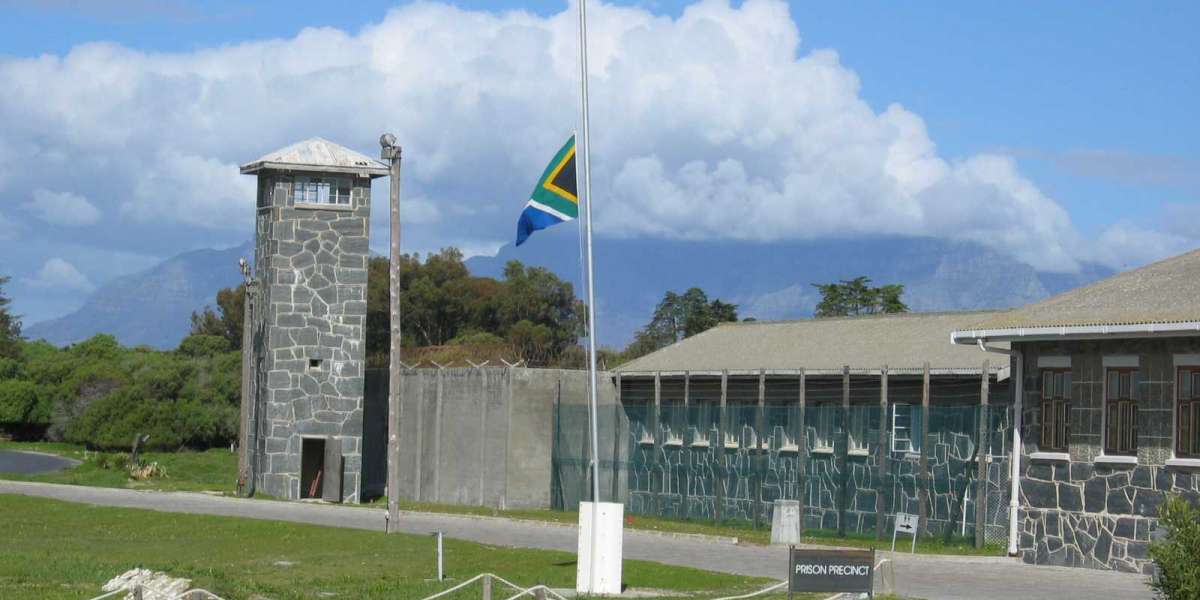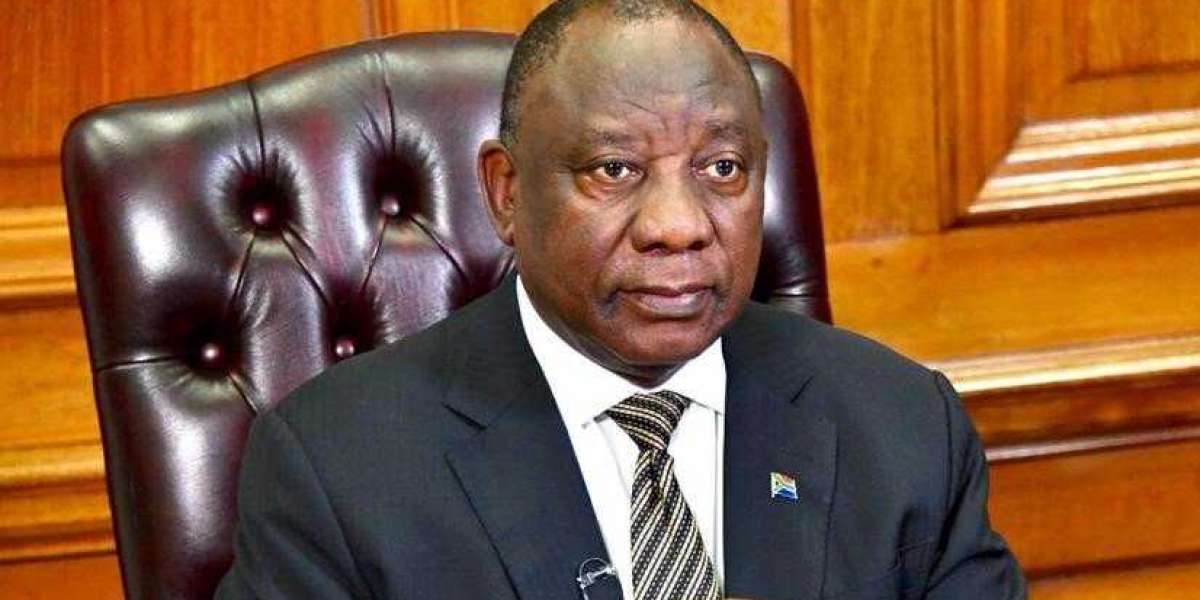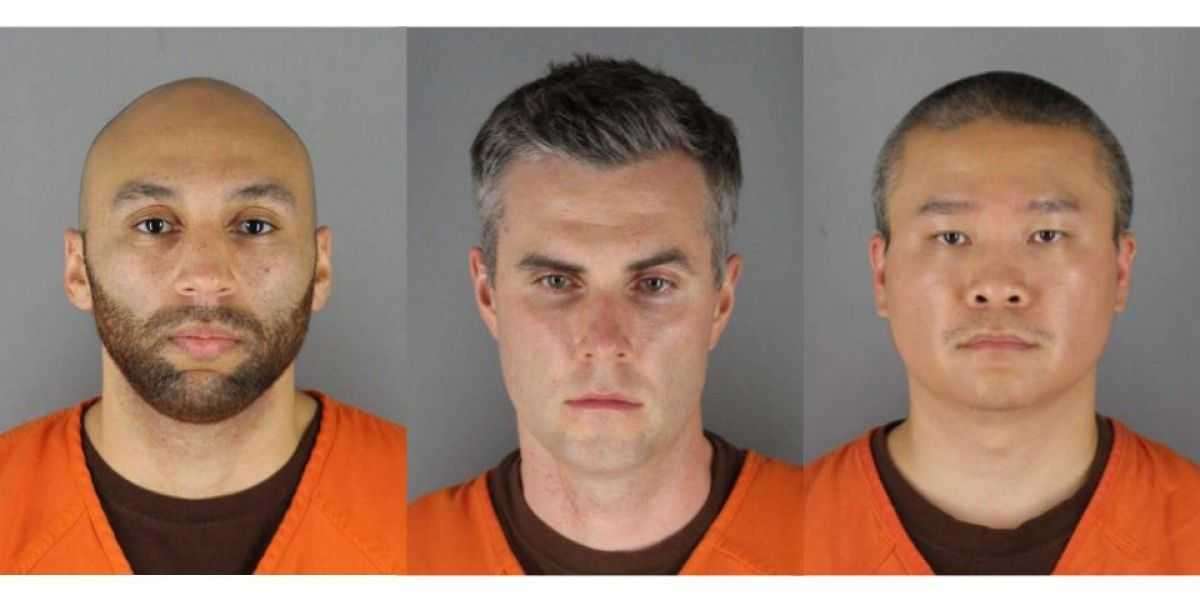He was locked up on Robben Island at just 17 and now works there as a tour guide. The year was 1983 and Sparks Mlilwana was imprisoned on Robben Island for seven years on a charge of terrorism. Mlilwana had joined the ANC's Military Wing uMkhonto WeSizwe in 1981 and was arrested for recruiting people to join the organisation, sabotage, undergoing military training and for the possession of unlawful arms, ammunition and explosives. He's now 54 and counts himself among the lucky ones. He has a job as a guide at Robben Island - unlike many of his comrades, some of whom are homeless, mentally ill or unemployed.
The first time he arrived on Robben Island, he thought he'd die there. "This was a brutal place where people were brutally beaten and heavily tortured mentally and physically." Fast forward almost 40 years and there's a stark contrast. He's been working there since 2003, sharing his experience and teaching local and international visitors about South Africa's rich history and struggle for freedom. "I never thought one day I would be here telling my story. This is the safest place in the world. There's no crime, no hijackings and no load shedding or corona."
Mlilwana said returning to the island was painful, but after a while he found sharing his story brought healing. "I was crying. It was very difficult even to speak. Sometimes I would stop, but time goes on and I became used to it." Mlilwana said he didn't harbour any grudges or ill feelings. "As political prisoners we have reconciled. We cannot have grudges towards those people who have victimised and tortured us because all those years we fought for peace and now we have achieved our democracy. To show we have reconciled, most of us are staying on the island and we are friends with those guards who victimised us."
But the lack of rapid progress for the poorest of South Africans weighs on Mlilwana and he said the fight would only truly be won and Freedom Day would only truly be cause for celebration when that changed. Mlilwana said this was not the South Africa he fought for, a South Africa that still saw inequality and a lack of security, a South Africa where people didn't have jobs, proper homes and were going hungry. "Many people are unemployed. What we fought for is not what is happening. People are still living under poor conditions and going to sleep without food." Mlilwana said it hurt to see so many South Africans still subjected to this lifestyle and before he closed his eyes for the last time, he would like to see this change. Only then will he believe his fight was not in vain and allow himself to celebrate this day again.








